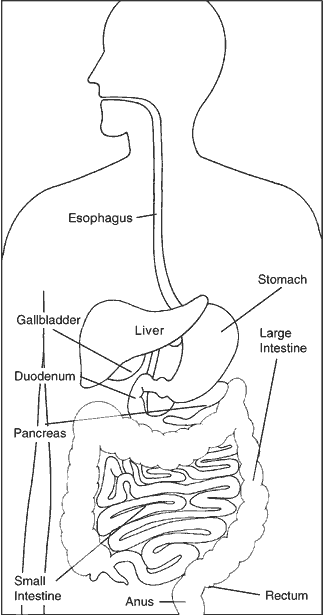Inflammatory
Bowel Disease (IBD)
Crohn's
Disease & Ulcerative Colitis
 Inflammatory
bowel disease (IBD) is a
group of inflammatory
conditions of the colon
and small
intestine that can cause chronic
diarrhea. Crohn's
disease and ulcerative
colitis
make up the overwhelming majority IBD cases. The
rest of the IBD cases are made up of Collagenous
colitis, Lymphocytic
colitis, Ischaemic
colitis, Diversion
colitis, Behçet's
syndrome, Infective
colitis
and Indeterminate
colitis, which are all much rarer conditions. Inflammatory
bowel disease (IBD) is a
group of inflammatory
conditions of the colon
and small
intestine that can cause chronic
diarrhea. Crohn's
disease and ulcerative
colitis
make up the overwhelming majority IBD cases. The
rest of the IBD cases are made up of Collagenous
colitis, Lymphocytic
colitis, Ischaemic
colitis, Diversion
colitis, Behçet's
syndrome, Infective
colitis
and Indeterminate
colitis, which are all much rarer conditions.
Ulcerative
Colitis and Crohn’s Disease have many
of the same symptoms, but mainly differ in the range of areas they
affect. Ulcerative colitis symptoms are
restricted to
the epithelial lining
in the colon and rectum. Crohn’s
disease can affect any part of the gastrointestinal
tract, from the mouth to the anus.
Ulcerative
colitis causes small ulcers in the
colon and rectum, frequently causing painful movements, diarrhea with
puss
and/or blood, abdominal pains and fever. When
inflammation affects the lower colon or
rectum, it is called
ulcerative proctitis. When
the whole colon is affected it is called ulcerative pancolitis.
Distal colitis occurs
only when the left side of the colon is under inflammation.
Ulcerative colitis displays sporadic symptoms
with alternating flare-up and remission periods. Remission
periods can last anywhere from a
few weeks to years, depending on how the individual manages the
symptoms. Frequent flare-ups can cause
lasting damage
to the inflamed areas and increase the chances of cancer.
Crohn’s
disease is an autoimmune disease. It uses
the body’s immune system to attack
the entire gastrointestinal tract, mainly the lower part of the
small intestine called the ileum.
The primary attack causes inflammation in the
intestines, causing them to empty frequently resulting in chronic
diarrhea. The stomach and esophagus are
also targets of Crohn’s symptoms, though to a much lesser extent. Like Ulcerative Colitis, Crohn’s disease
sufferers
go through periods of flare-ups and remission.
The causes of
IBDs are believed to come from a
genetic predisposition. Outside factors
like food poisoning (food poisoning triples the risk of developing IBD
for 15
years after the incident) and smoking cigarettes have been shown to
trigger
these conditions but the cause is agreed to be genetic.
Doctors and scientist have started studies to
locate the specific IBD gene but the prospects for a cure are still
highly
unlikely.
People
diagnosed with an inflammatory bowel disease (IBD) must learn to manage the condition through diet,
exercise and
in most cases drugs and supplements. Natural
probiotics and some natural supplements have been shown to be very
helpful in
managing IBD. Studies have shown the
probiotic, Bacillus polyfermenticus, will reduce rectal
bleeding, lessen
tissue inflammation, promote weight gain and encourage new growth in
blood
vessels found in the intestines. Micronized
zeolite supplements have also been shown through studies to work very
well to
stop diarrhea and help maintain more solid stools.
On the contrary, some prescribed immune
suppressant drugs used in IBD cases have been shown to increase risk of
skin cancer.
In addition to
quality of life issues, managing
this condition is important to long-term well being.
The chance of colon cancer in UC sufferers
increases in relation to their frequency of flare-ups.
Management for these conditions can be found
through a personal
regimen of balanced diet, natural
supplements, medication and even surgery.
|



















